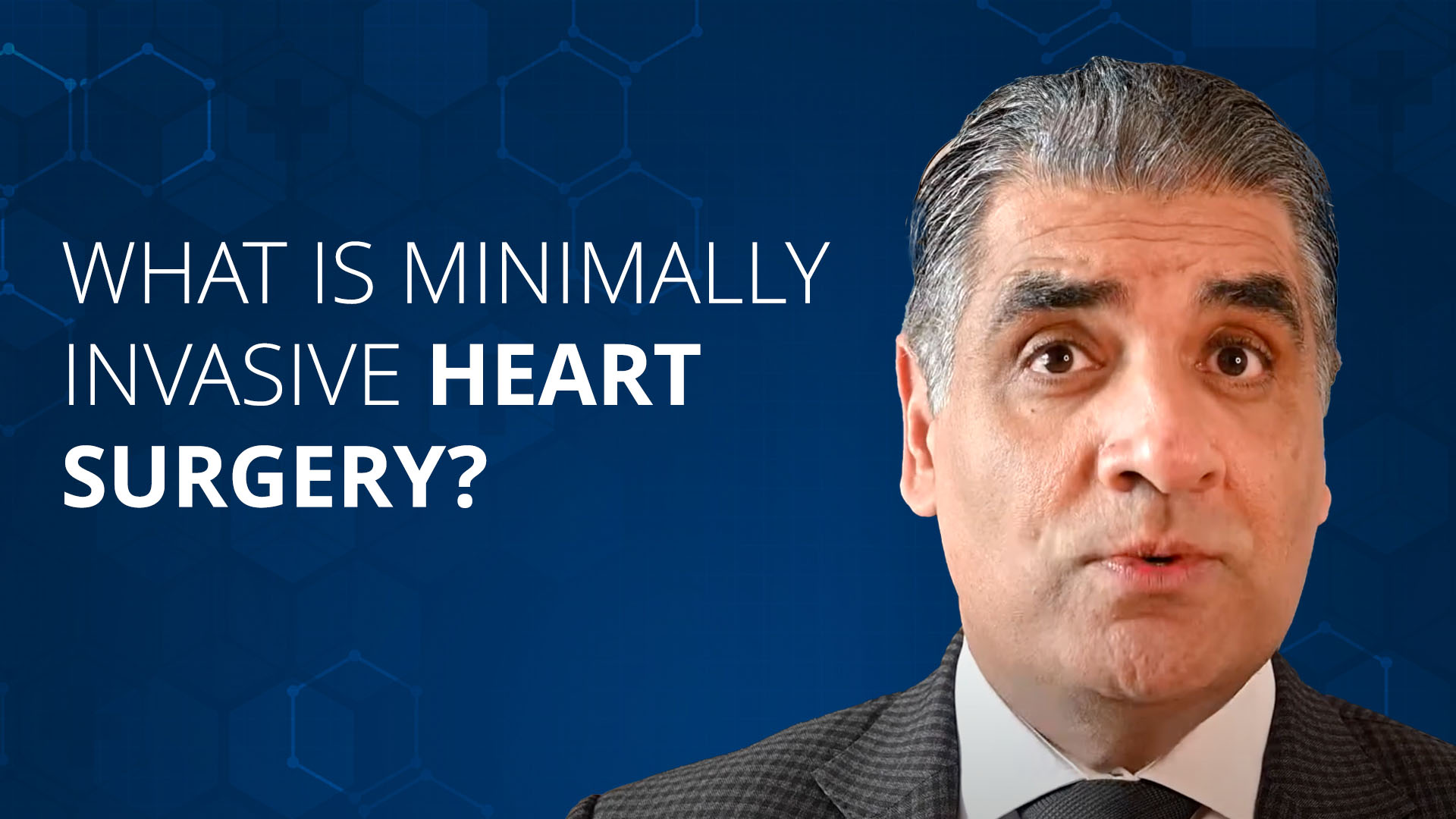What is Minimally Invasive Heart Surgery?

Minimally invasive heart surgery is a surgical technique used to treat heart conditions through small incisions, rather than the traditional open-heart surgery that requires a large incision in the chest.
This type of surgery is also known as keyhole surgery or minimally invasive cardiac surgery.
During minimally invasive heart surgery, the surgeon makes small incisions in the chest, typically between the ribs, to access the heart. This allows the surgeon to perform the necessary procedures without having to cut through the breastbone, as in traditional open-heart surgery. The surgeon uses specialized instruments, including a tiny camera and long, thin instruments, to perform the surgery with precision.
Minimally invasive heart surgery can be used to treat a variety of heart conditions, including aortic valve disease, mitral valve disease, coronary artery disease, and congenital heart defects. Depending on the specific condition, this type of surgery may involve repairing or replacing a heart valve, clearing blockages in the arteries, or repairing a hole in the heart.
Common Keyhole Heart Surgery Procedures
One of the most common procedures performed using minimally invasive heart surgery is aortic valve replacement. This involves replacing a damaged or diseased aortic valve with a prosthetic valve. The procedure is done through small incisions in the chest, rather than the traditional open-heart surgery, resulting in a quicker recovery time and less scarring.
Another commonly performed procedure is transcatheter aortic valve replacement (TAVR). This is a minimally invasive alternative to open-heart surgery for patients who are at high risk for complications from traditional surgery. During a TAVR procedure, a collapsible artificial valve is inserted through a small incision in the leg or chest and guided to the heart using imaging technology. Once in place, the new valve expands and takes over the function of the damaged valve.
Minimally invasive heart surgery also offers advantages such as reduced risk of infection, less blood loss, shorter hospital stays, and faster recovery times compared to traditional open-heart surgery. It also allows for more precise and targeted procedures, resulting in better outcomes for patients.
Despite its many benefits, minimally invasive heart surgery may not be suitable for all patients. Factors such as the severity of the heart condition, overall health, and previous surgeries may determine whether a patient is a good candidate for this type of surgery.
As with any surgical procedure, there are potential risks and complications associated with minimally invasive heart surgery. However, with proper preoperative evaluation and skilled surgeons, the risks can be minimized.
Final Thoughts
In conclusion, minimally invasive heart surgery is a valuable option for patients with various heart conditions. It offers a less invasive approach, faster recovery times, and better outcomes compared to traditional open-heart surgery.
If you are considering this type of surgery, it is essential to consult with a highly skilled and experienced cardiac surgeon to determine if it is the right option for you.

